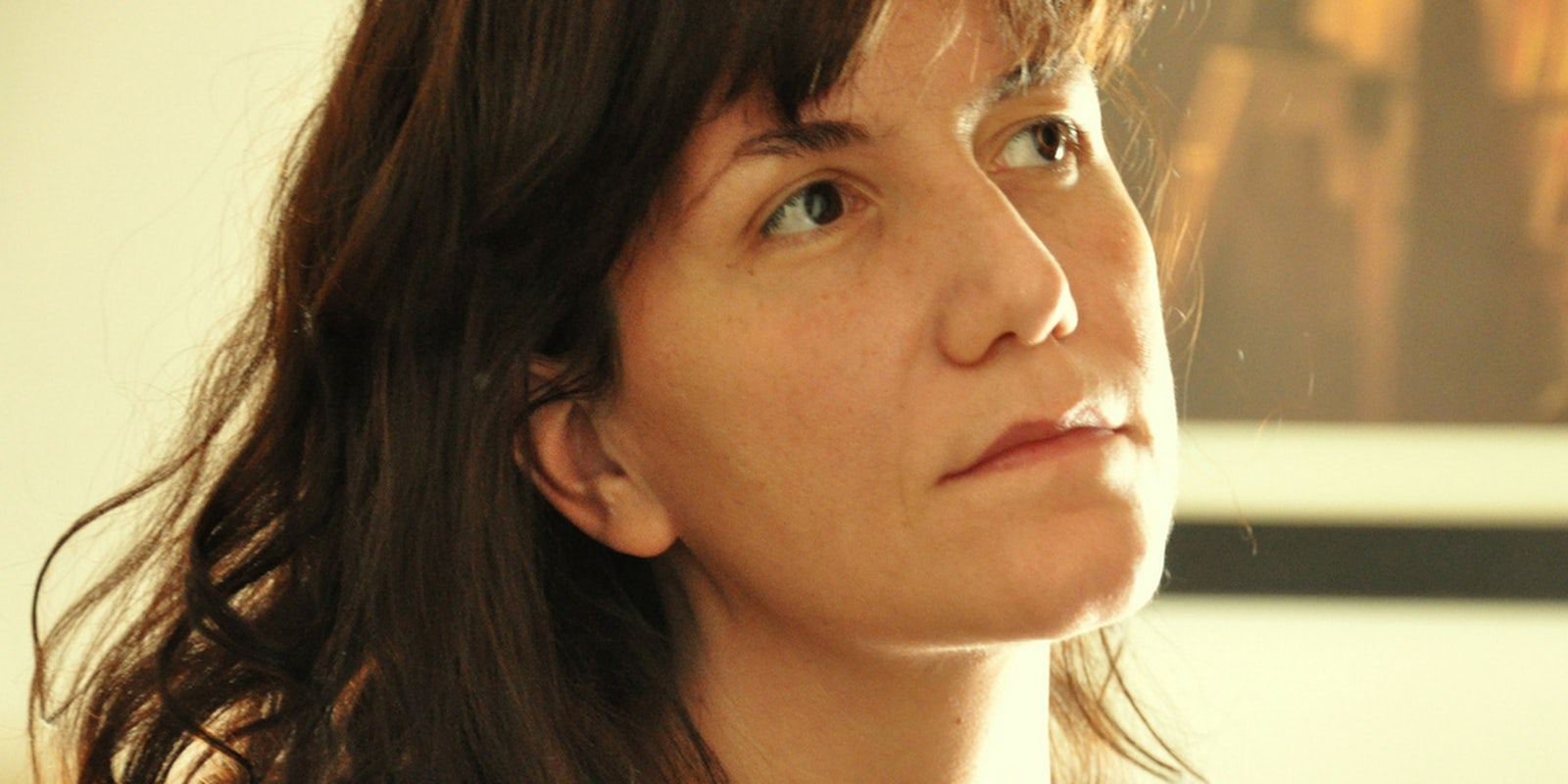With the exception of high-functioning sociopaths and the sophomore roommate who always hung around playing Snood whenever you and your ex wanted to get it on, most people can pick up on your mood by analyzing your facial cues. Pretty soon, computers will be able to do it too.
A team of researchers at Ohio State University is developing facial expression recognition technology for computers. The technology allows computers to differentiate between nearly 21 facial expressions, including happiness and sadness, as well as a few more complex ones, such as “sad anger” and “happy disgust” (which perfectly describes how I felt that one time I ate three boxes of Annie’s white cheddar macaroni).
In their study, lead researcher Aleix Martinez and his team photographed 230 volunteers making faces in response to certain scenarios, such as getting an unexpected A on a test or smelling a bad odor. What they found is that contrary to popular belief, we can use our facial muscles to express a range of 21 different complex emotions beyond simply being happy or sad.
Emotions like “happily surprised” and “happily disgusted” are called “compound emotions,” because they combine aspects of the facial expressions associated with each basic emotion. For instance, someone who’s “happily disgusted” might combine the scrunched-up nose signifying “disgust” with a smile signifying “happy.” The researchers’ computer model indicates the degree to which these facial expressions can predict a person’s emotional state.
This all might sound fairly self-explanatory, but Martinez says his research has tremendous implications for future treatment of disorders that involve emotional triggers, such as post-traumatic stress disorder. The model can also help people who might have a tough time identifying facial cues, such as people with autism.
And think of how the software could be used for services like Apple’s Siri—an operating system that could actually anticipate your needs by scanning your face. The possibilities are like something out of Spike Jonze’s Her.
So the next time you’re having trouble figuring out how someone is feeling, you can pop her face into the computer, run it through Martinez’s model, and say, “You look like what that computer flash card told me is sadly angry.” Unless you’re too busy playing Snood.
H/T Hindustan Times | Photo via gi/Flickr (CC BY 2.0)


